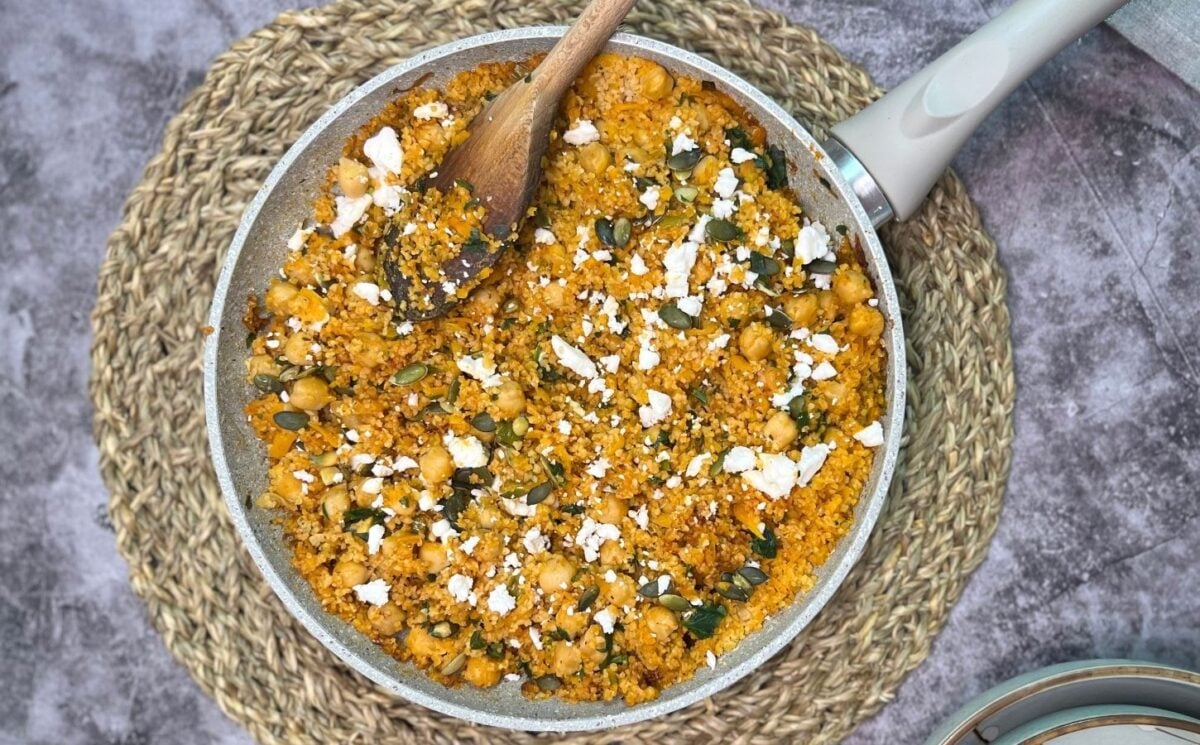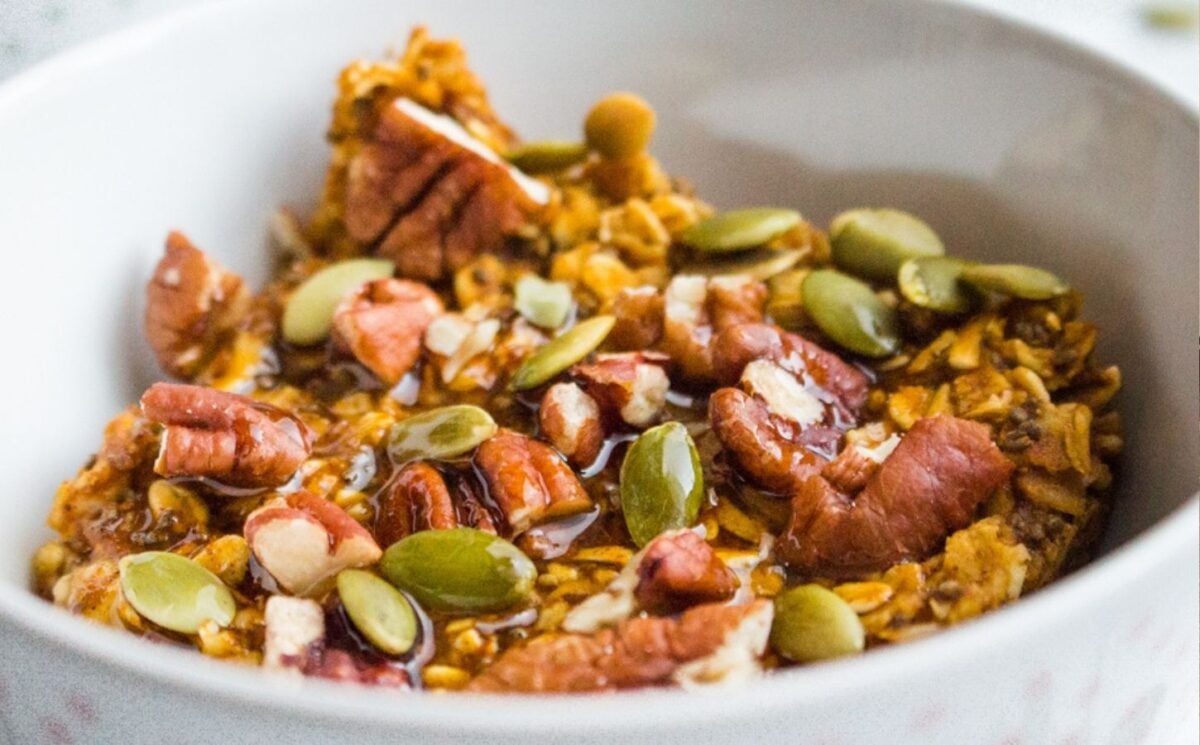From journee-mondiale.com
In a world where plant-based dining is no longer a niche but a global phenomenon, airlines are stepping up their game to cater to discerning business class travellers seeking gourmet vegan options. Gone are the days of lacklustre salads and uninspired vegetable medleys. Today’s top carriers are revolutionizing in-flight dining with innovative plant-based menus that rival high-end restaurants on the ground. From mouth-watering jackfruit biryanis to decadent chocolate truffle cakes adorned with gold leaf, these airlines are proving that luxury and sustainability can coexist at 35,000 feet. Join us as we explore the crème de la crème of plant-based dining in the skies, where culinary artistry meets conscientious eating.
Emirates: A Plant-Based Paradise in the Sky
Emirates has soared to new heights in the realm of plant-based dining, offering an astounding array of over 180 vegan recipes across its network. The airline’s commitment to catering to diverse dietary preferences is evident in the staggering 154% increase in vegan meal requests between 2021 and 2022. This surge in demand has sparked a culinary revolution in Emirates’ kitchens, resulting in a menu that’s as innovative as it is delicious.
Business class passengers are treated to a gastronomic journey that begins with appetizers like creamy spinach and avocado mousseline, followed by main courses such as multicoloured quinoa with succulent caramelized pear and celeriac purée. The pièce de résistance? A chocolate truffle cake with hazelnut and pistachio, crowned with a delicate gold leaf – a dessert that epitomizes luxury without compromising on plant-based principles.
“Our goal is to make Emirates’ vegan meals as appealing as possible to all passengers, not just those who follow a vegan lifestyle,” says Joost Heymeijer, Emirates’ Senior Vice President of Catering. “We believe that you don’t need to be vegan to enjoy vegan dishes.”
This philosophy is evident in every bite, as Emirates’ chefs masterfully blend global flavours with locally-sourced ingredients to create dishes that are not just meat-free, but truly memorable. The airline’s dedication to plant-based excellence extends beyond the plate, with carefully curated wine lists that include vegan options, ensuring a complete and luxurious dining experience for all passengers.
Qatar Airways: Where Gourmet Meets Global FlavoUrs
Qatar Airways has firmly established itself as a frontrunner in the plant-based revolution, offering a tantalizing array of vegan options that reflect the airline’s commitment to culinary excellence. In 2020, the carrier introduced a range of gourmet, fully vegan dishes to their à la carte menu for business class passengers, setting a new standard for in-flight plant-based dining.
Imagine savoring spiral courgettes with arrabbiata sauce or indulging in cauliflower couscous and kalamata bruschetta while cruising at altitude. These aren’t just meals; they’re culinary experiences designed to delight even the most discerning palates. Qatar Airways’ vegan offerings are a testament to the airline’s understanding that plant-based doesn’t mean compromising on flavor or sophistication.
“Our new vegan dishes are carefully crafted to ensure that we offer our passengers an unparalleled culinary experience on board,” states Qatar Airways Group Chief Executive, His Excellency Mr. Akbar Al Baker. “We are committed to providing our passengers with an array of healthy and delicious options to meet all dietary needs and preferences.”
The airline’s dedication to plant-based excellence doesn’t stop at the main course. Qatar Airways ensures that every aspect of the dining experience is considered, from plant-based appetizers to decadent vegan desserts. And for those who enjoy a tipple at 30,000 feet, fear not – the airline pairs its vegan meals with a selection of vegan-friendly wines and cocktails, ensuring a complete and satisfying dining experience.
Singapore Airlines: Elevating Veggie-Focused Dining to New Heights
Singapore Airlines, long renowned for its exceptional in-flight service, has taken its commitment to plant-based dining to new altitudes. Recognizing the growing demand for sophisticated vegan options, the airline has partnered with chefs from the California-based luxury spa Golden Door to create a veggie-focused menu that’s nothing short of extraordinary.
Business class passengers departing from Singapore can take advantage of the airline’s “Book The Cook” service, which allows them to pre-order from a wide range of vegetarian and vegan options. This level of customization ensures that plant-based diners are not an afterthought but valued customers whose culinary preferences are given the utmost attention.
"Our partnership with Golden Door has allowed us to reimagine plant-based dining,” explains Yeoh Phee Teik, Singapore Airlines’ Senior Vice President Customer Experience. “We’re not just offering vegan meals; we’re creating culinary journeys that happen to be plant-based.”
From Western-style dishes like spaghetti marinara to Asian-inspired creations that showcase the airline’s Singaporean roots, the menu is a testament to the versatility and potential of plant-based cuisine. Singapore Airlines’ approach to vegan dining is not about substitution but celebration – celebrating the flavours, textures, and possibilities that come from a plant-focused culinary philosophy.
The Rise of Sustainable Aviation: A Greener Way to Fly
The trend towards sustainable aviation is gaining momentum, with airlines like Emirates, Qatar Airways, and Singapore Airlines leading the charge. By offering extensive plant-based menus, these carriers are not only catering to the growing demand for vegan options but also contributing to a more environmentally friendly aviation industry. Plant-based meals generally have a lower carbon footprint compared to their meat-based counterparts, aligning with the industry’s broader sustainability goals.
This shift towards greener practices extends beyond the meal tray. Airlines are increasingly adopting sustainable practices throughout their operations, from fuel-efficient aircraft to innovative airport technologies that reduce overall environmental impact. The focus on plant-based dining is just one piece of a larger puzzle that aims to make air travel more sustainable for future generations.
Tech-Enhanced Passenger Experiences: The Future of Air Travel
As airlines elevate their culinary offerings, they’re also embracing technology to enhance the overall passenger experience. From touchless check-ins to mobile boarding passes, the travel process is becoming smoother and more efficient. AI-driven passenger assistance is being implemented to provide personalized services, ensuring that each traveler’s unique needs – including dietary preferences – are met with precision and care.
These technological advancements are particularly beneficial for passengers with specific dietary requirements, such as those following plant-based diets. With improved systems, airlines can better track and cater to individual preferences, ensuring that the right meal reaches the right passenger every time. This seamless integration of technology and culinary expertise is setting a new standard for in-flight service.
Beyond the Big Three: Other Airlines Embracing Plant-Based Innovation
While Emirates, Qatar Airways, and Singapore Airlines are at the forefront of plant-based dining in business class, other carriers are also making significant strides. Alaska Airlines, for example, has introduced seasonal vegan options, ensuring variety and freshness in their plant-based offerings. This approach not only caters to vegan passengers but also appeals to those looking to reduce their meat consumption or simply try something new.
European carriers like Lufthansa and Air France are also expanding their vegan menus, recognizing the growing demand for plant-based options among their diverse passenger base. These airlines are proving that plant-based dining is not just a trend but a fundamental shift in how we approach in-flight meals.
The Global Impact: How Plant-Based Menus Are Changing Perceptions
The introduction of gourmet plant-based menus in business class is having a ripple effect throughout the aviation industry and beyond. By showcasing the versatility and deliciousness of vegan cuisine, airlines are challenging long-held perceptions about plant-based eating. This shift is not only influencing passenger choices but also inspiring ground-based restaurants and food service providers to up their plant-based game.
Moreover, the emphasis on sustainable, plant-based options aligns with the growing global consciousness about environmental issues. As travellers become more aware of their carbon footprint, the availability of high-quality vegan meals on flights can be a deciding factor in airline choice, especially for long-haul business travellers.
The Culinary Journey Continues: What’s Next for In-Flight Vegan Dining?
As airlines continue to innovate in the realm of plant-based dining, we can expect to see even more exciting developments in the future. From lab-grown meats to hyper-local sourcing of ingredients, the possibilities are endless. Some airlines are already exploring partnerships with renowned vegan chefs and plant-based food tech companies to bring cutting-edge culinary experiences to the skies.
The focus on plant-based options is also likely to extend beyond business class, with economy passengers benefiting from improved vegan selections. This democratization of plant-based dining could lead to a more inclusive and sustainable approach to in-flight meals across all cabin classes.
Bringing the Sky-High Experience Down to Earth
For those inspired by these airborne culinary adventures, there’s good news – you don’t need to book a business class ticket to experience world-class plant-based dining. Many destinations around the world are becoming hubs for innovative vegan cuisine. From the hidden gems of Portugal to the tech-savvy cities with lightning-fast internet, plant-based travellers can find incredible dining experiences that rival those in the sky.
The Personal Touch: Why Airlines Are Winning Hearts with Plant-Based Options
At the core of this plant-based revolution in the skies is a simple truth: airlines are listening to their passengers. By offering gourmet vegan options, carriers are showing that they value the diverse needs and preferences of their customers. This personalized approach to in-flight dining is creating loyal customers who feel seen and respected.
“I never thought I’d say this, but the vegan meal was the highlight of my flight,” shares Sarah, a frequent business traveller. “It wasn’t just good ‘for airplane food’ – it was genuinely delicious and thoughtfully prepared. It made me feel like the airline really cared about my experience.”
This sentiment is echoed by many travellers who are discovering that plant-based doesn’t mean compromise, especially at 35,000 feet.
Conclusion: A New Era of Sky-High Dining
As we’ve explored the top airlines offering gourmet plant-based menus in business class, it’s clear that we’re witnessing a revolution in in-flight dining. Emirates, Qatar Airways, and Singapore Airlines are not just keeping pace with the plant-based trend – they’re setting new standards for culinary excellence in the sky. From innovative recipes to sustainable practices, these airlines are proving that luxury and conscientious eating can go hand in hand.
The next time you find yourself at cruising altitude, savouring a jackfruit biryani or indulging in a vegan chocolate truffle cake, remember that you’re not just enjoying a meal – you’re participating in a movement that’s reshaping the future of travel. As airlines continue to push the boundaries of what’s possible with plant-based cuisine, one thing is certain: the sky’s the limit for vegan dining in the friendly skies.
https://www.journee-mondiale.com/en/sky-high-veganism-3-airlines-redefining-luxury-with-plant-based-menus/









